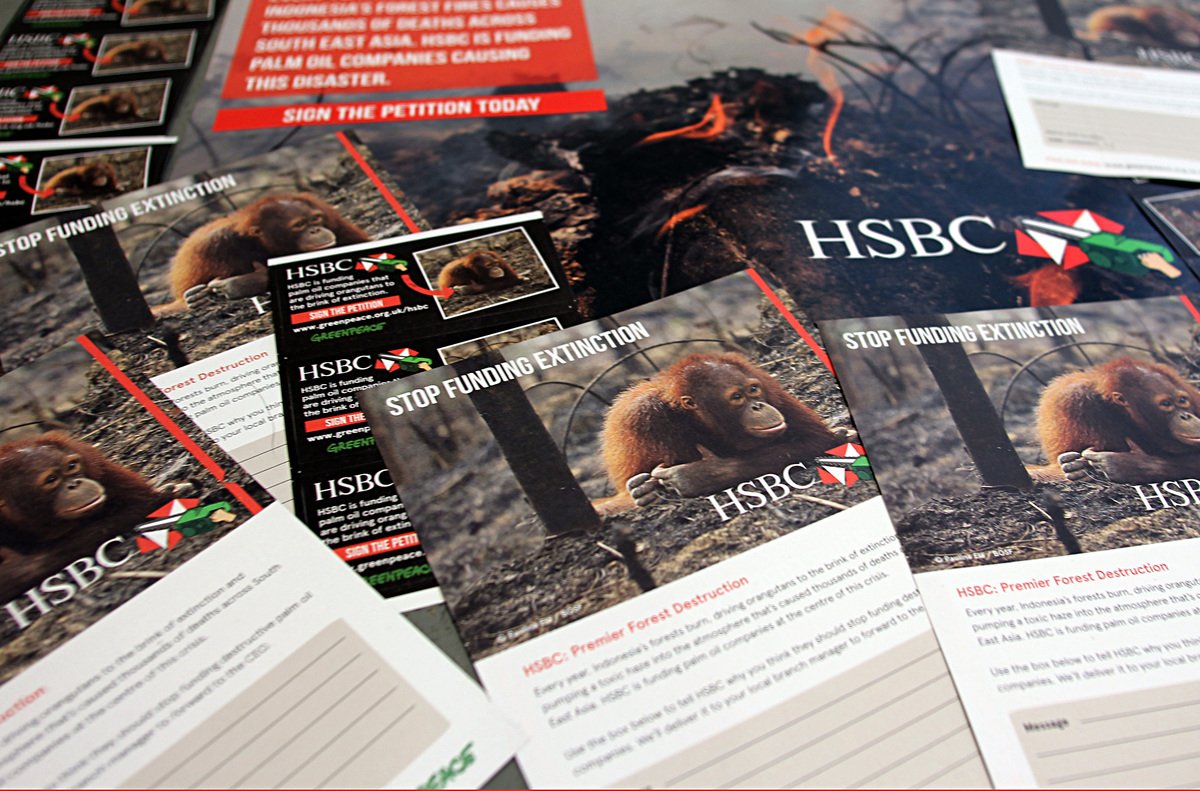5 simple online fundraising tips for activists to use right now
We want to win campaigns. We want to change the world. Unfortunately, we often need a little money to do that. In a time of economic crisis and during a global pandemic, it can be difficult to ask for cash — but there are people willing to help you, if you ask in the right way.
I’ve broken fundraising records for a political party during a General Election and crowdfunded for countless climate-protecting tactics.
Here are five simple tips for activists to cut through in a noisy world and get a people-powered pot of money that enables you to win.
Be really reactive
Have you ever sneaked a peek at people on their phones while you’re out and about? People move from Facebook video to shopping site to tweet super quick, interrupted by 24/7 news updates and Whatsapp messages.
The best digital content therefore reacts to what is currently going, grabbing our attention and seeming instantly relevant. People want new information and they want new takes on things. So if your issue comes up in the news, post out your fundraising page ASAP.
Why not set up Google alerts or try creating tabs on Twitterdeck with search terms related to your cause? Try not to get bogged down in details or debates with teammates where possible — don’t waste your moment!
2. Be specific
Tell people what you need the money for. Explain exactly how much you need and why it’s urgent. Many successful fundraisers I’ve worked on focused on specific campaign tactics — like Facebook adverts to get people to polling stations or a huge advert in the Financial Times aiming to embarrass a company so they’d stop destroying forests.
Your audience might be scrolling through depressing news feeling that things will never change. So if you’re going to convince them that they have power, you better be really specific as to how £5 make a difference to such a big problem.
What will you spend the money on and how will that directly lead to a campaign win? You could say “we urgently need to raise £5000 to get food packages to children by Monday, or they’ll go hungry” or “we need to pay for 500 placards and the response has been incredible — but right now we’re only half way there.”
3. Name your enemy
Some of the best fundraisers really explain what, or even better who, you’re up against and how much money and resources they have. If you need money to fight a climate campaign, talk about oil bosses and the money they have in the bank account — and be clear that all your campaign has is people power.
If enough people chip in you can take on those oil bosses and prove they’re not as powerful as they think! Even better if you can make people picture the baddie and your impact on them. But make sure to provide hope too!
4. Know your audience
At any time, it’s good to look at how your audience is responding to your content and have an understanding what they’re feeling. But even more so now, with so many losing jobs or even family members.
This can mean testing different ways of framing the fundraising ask, different channels or asking for feedback from supporters.
You could look at Facebook Insights to see what posts are working and what aren’t — or even use Facebook advert library to see what’s working for other organisations.
If you’re a small organisation or campaign group, watching bigger organisations for trends can be key. If you don’t have your own website, you can use Bit.ly links to see how many clicks you’re getting — depending on whether they’re coming from email, Twitter, Facebook or something else, you can adjust your strategy accordingly
5. Pick the right platform
Be careful of fundraising and petition platforms that take your money — and try and build your own list of people’s email addresses. Data is valuable — it’s how organisations like Change.org and 38 Degrees raise hundreds of thousands of pounds for campaigns on their websites. Keep that data safely, in line with GDPR data laws (boring I know), and use it wisely!
Though they offer supporters the option of covering it, Virgin Money take around 5% of your contributions — and the company is well known for tax dodging. While JustGiving doesn’t take anything directly from the fundraiser, it does ask people donating to chip in to cover costs.
For many of us, paying for our tactics using small donations isn’t just about practicality — it’s about keeping our campaigns people-powered and rooted in the communities they are fighting for. It’s about surviving without the money of corporations and politicians so we’re free from their influence.
Fundraising gives us the physical tools to win. But fundraising from small donations (£5, £10, £20) also makes our campaign stronger and more authentic — it means we are fighting for and with those of us who are genuinely affected by the issues. That is organising to win.
Thank you to Campaign Bootcamp for commissioning me to write this.




